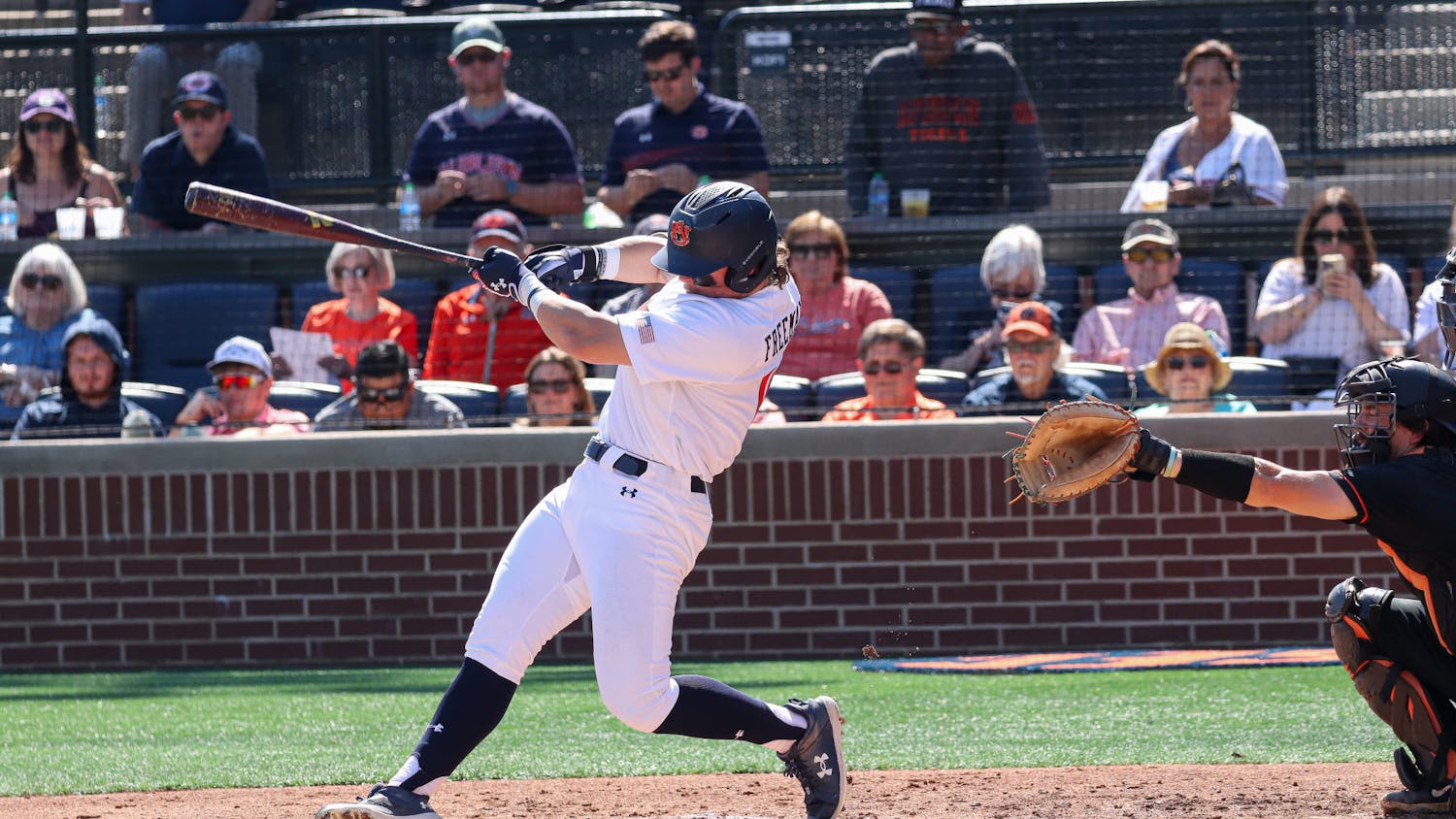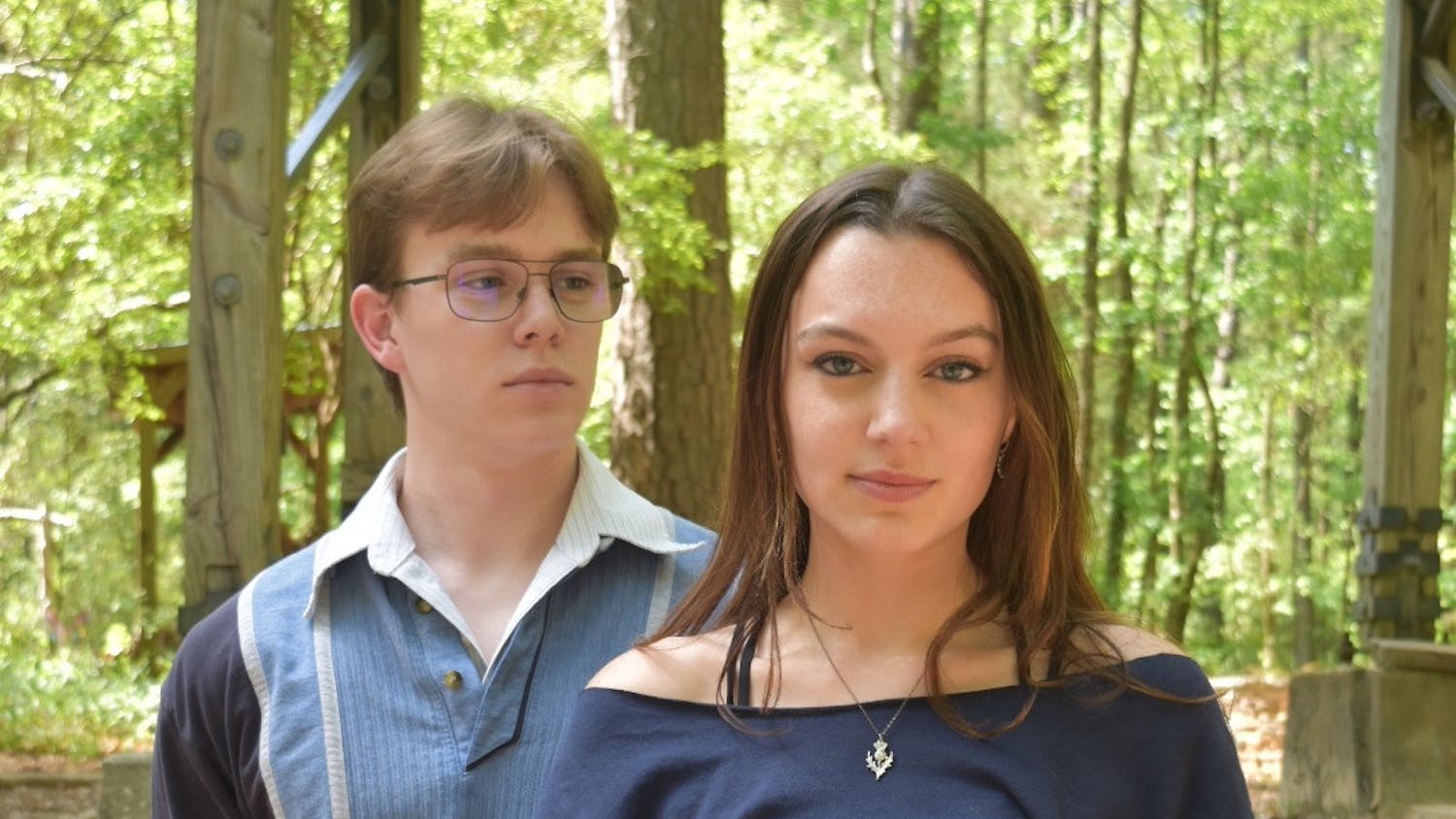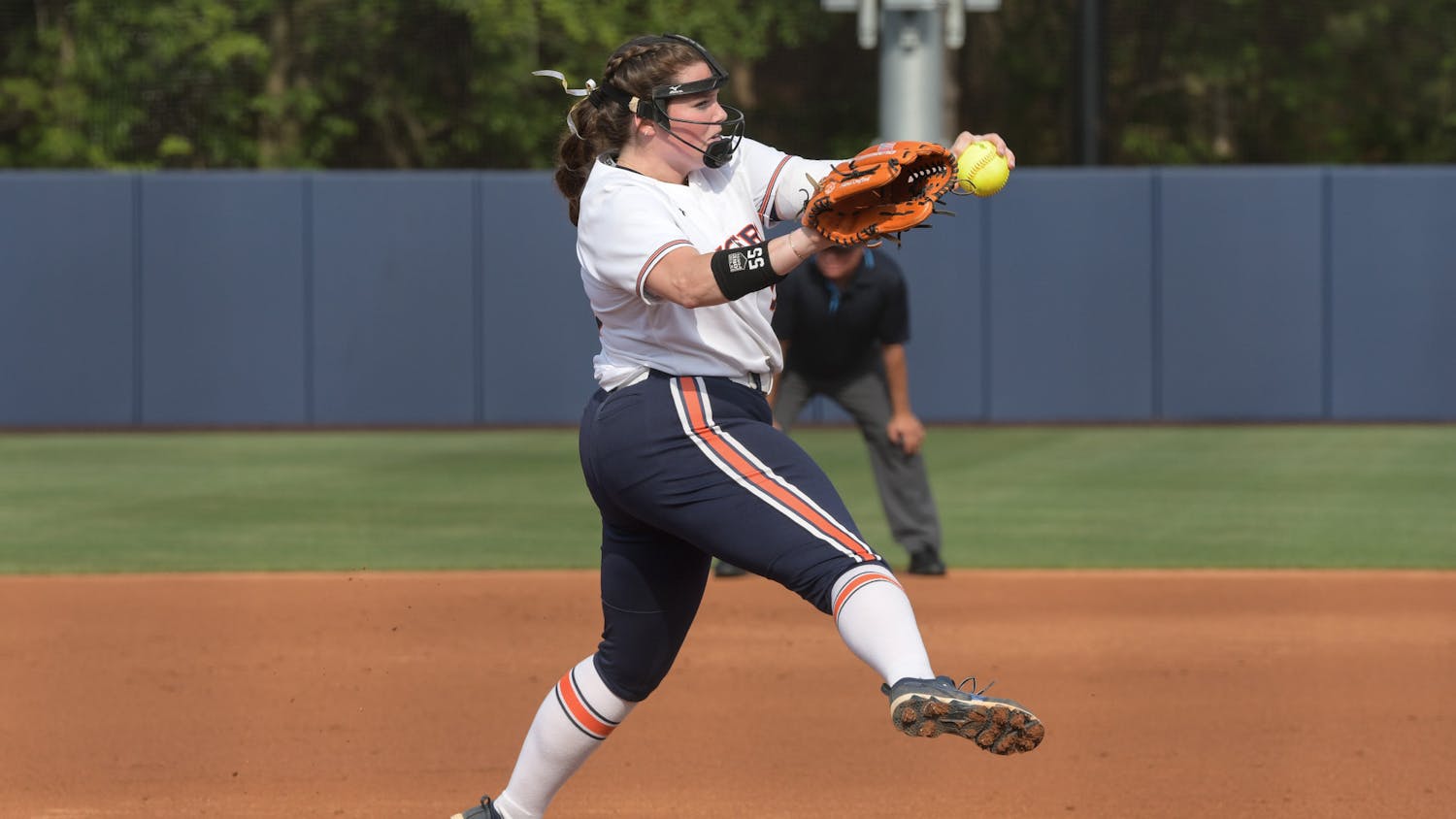For many, the holiday season revolves around the celebration of Christmas and its surrounding traditions, but each year around the same time is the celebration of Hanukkah, the Jewish Festival of Lights.
Hanukkah is an eight-day holiday celebrating the Jewish defeat of the Greeks. Vice-President Elect of Jewish fraternity Alpha Epsilon Pi and member of the Jewish student organization Hillel Sam Levenson said Hanukkah is observed for eight days because despite the destruction of many structures in Israel, a lamp that had only enough oil to last a few days burned for eight.
“In traditional synagogues, or Jewish houses of worship, there’s an eternal light that needs to always be on,” said P
Newman said, as a result, the holiday is celebrated by lighting a new candle each day and eating oily foods including latkes, potato pancakes fried in oil, and jelly donuts also fried in oil.
Taking place from Dec. 12 through the 20th, Hanukkah fell during the University's finals week this year. For Levenson, he said the worst part about the date conflict is not being able to be with his family.
Levenson said Hanukkah itself is not as central to the Jewish religion as other holidays.
“Hanukkah’s a different kind of
Newman said the most emphasis is generally placed on the first or last night. That is typically when
“So for most of the eight days, it’s not a very cumbersome
One of the biggest differences between Hanukkah and other winter holidays, namely Christmas, is while Christmas is a highly symbolic holiday to the Christian religion, the more important holidays, Rosh Hashanah and Yom Kippur, come earlier in the fall semester, Newman said. Hanukkah is more of a time to celebrate Jewish folklore and traditions than it is the centerpiece of the religion.
“It’s not like a big religious holiday; it’s
“When the calendar aligns and you get to be home for Hanukkah with your family, that’s, of course,
The Jewish community at Auburn is not very large, which by nature leads to a strength surrounding the community around times like Hanukkah, Newman said.
“We’ll have our Hanukkah parties, and we’ll eat latkes, and play dreidel,” Levenson said. “And we recently had the menorah lighting on Samford Lawn which is really awesome.”
A large menorah can also be found in front of the Alpha Epsilon Pi house,
“Some people open their homes, and the community comes and celebrates,” Newman said. “I think that speaks to how strong the community is here, and that’s really nice.”
Do you like this story? The Plainsman doesn't accept money from tuition or student fees, and we don't charge a subscription fee. But you can donate to support The Plainsman.



